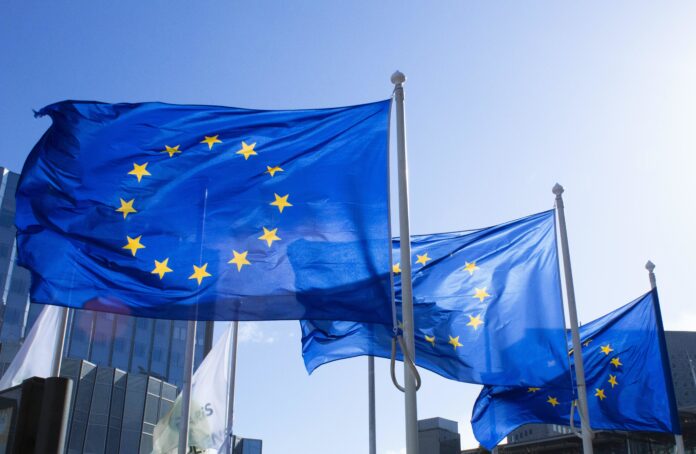The decision of the Chadian government to expel the German ambassador is “regrettable” and constitutes “a particularly hostile gesture,” a spokeswoman for the head of European diplomacy Josep Borrell said Wednesday.
The Chadian government had announced Friday evening the expulsion of the German ambassador “for discourteous attitude” and “disrespect of diplomatic customs”. It had not given details on the facts.
In reaction to this expulsion deemed “unjustified”, the German government announced on Tuesday the expulsion of the Chadian ambassador to Berlin, Mariam Ali Moussa.
“The decision of the transitional authorities of Chad to expel the German ambassador is regrettable. It is a particularly hostile gesture in view of the long-standing partnership and commitment of the EU and its member states to Chad, including in the context of the ongoing transition,” EU diplomatic service spokeswoman Nabila Massrali said in a statement.
Jan Christian Gordon Kricke had been German ambassador to Chad since July 2021.
A Chadian government source told AFP on condition of anonymity that the authorities accused the diplomat of “interfering too much” in the “governance of the country”, as well as “comments tending to divide the Chadians”.
The German Foreign Ministry said that “Ambassador Kricke had carried out his duties in an exemplary manner and was committed to human rights and the rapid transition to a civilian government in Chad.
“The European Union reiterates the importance of a rapid return to constitutional order and a time-limited transition that guarantees respect for human rights and fundamental freedoms. An inclusive process supported by all civil and political actors is essential to ensure the credibility and legitimacy of the ongoing process and thus the success of the transition,” Nabila Massrali said Wednesday.
“The EU will continue to insist on these points, which are important conditions for its partnership with Chad,” she added.
General Mahamat Idriss Déby Itno became head of Chad in April 2021, following the death of his father, Idriss Déby Itno, who was killed on the front line against rebels after having ruled this vast Sahelian country for 30 years.
Mahamat Déby promised Chadians and the international community that he would return power to civilians through “free and democratic elections” and that he would not run for president.
In October, a national dialogue boycotted by a large part of the opposition and civil society designated Mr. Déby president of a “transition” extended by two years towards “transparent” elections.
SOURCE: africanews.com





